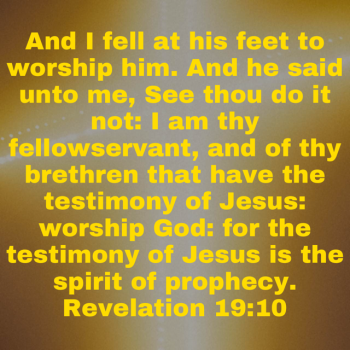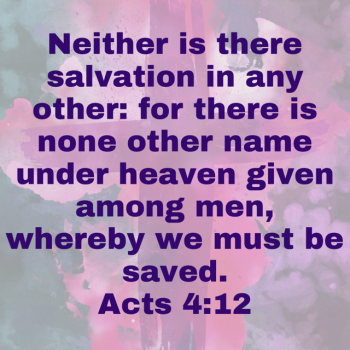Seems that biblical understanding has more to do with religious upbringing and environment than the content of the Bible.
I imagine that a young Catholic learns that Mary is the Mother of God based on the statement of the angel,
“Greetings, you who are highly favored! The Lord is with you.” - Luke 1:28 NIV
I was raised Protestant, so I am only guessing at how that actually happens in Catholicism.
But obviously an environment with statues of Mary and Rosary beads has a lot of impact on the meaning.
This creates a religious preconception.
As a Protestant, we read past that statement without dwelling on it much.
To us, it was a story about Jesus and his earthly mother. This also creates a religious preconception.
As the young person, whether Catholic or Protestant, matures in their religious upbringing,
these compounded preconceptions form a doctrinal understanding. A basis to work from; a point of view.
When this maturing person hears something outside the realm of their religious preconception it strikes them as wrong.
Apologetics are there to bolster one's own religious preconceptions. They have theirs, and you have yours.
This is where the battle lines are drawn. "We believe such and so, because..."
It's easy to identify a religious cult. They meet in the church across the street from your church.
And they feel the same way about you. --- Where does this leave us?
Choice of doctrine is driven by religious preconception - Spirituality is an individualized journey
Aren't you leaving out something rather in important in your calculation above, namely, the Holy Spirit? Yes, those who aren't indwelt by the Spirit may take up various doctrinal beliefs by a sort of religious osmosis, unconsciously imbibing the beliefs of family and whatever religious culture within which they've been brought up. This happens all the time. But what of the ministry of the Holy Spirit who "convicts the world of sin, righteousness and judgment" (
Jn. 16:8), and teaches God's Truth to those in whom he dwells (
Jn. 14:26; 16:13; 1 Co. 2:10-16), and transforms his "temples" (
1 Co. 3:16; 6:19-20) into "living letters of Christ" (
2 Co. 3:3)? In doing so, he must overcome some of the deepest, most powerful parts of who we are: Our fundamental desires, our self-conception, our worldview, our pride, and so on. Surely, if he can do all this in bringing us to Christ and redemption, he can dissolve our faulty inherited beliefs, our denominational prejudices, and institute new, properly biblical ones in their place, right?
I agree that Christian apologetics serve to justify belief. But not all justifications are equal. We have laws of logic, principles of reason and evidence, hermeneutical rules, and the plain statements of God's word by which to assess which apologetic for which belief succeeds and which doesn't. Certainly, not every proposed apologetic for some particular belief does well what it is meant to do. In fact, more often than not, I encounter very poor justifications for belief rather than good ones.
The particular
route each person follows to deep, holy, joyful fellowship with God is unique to them, but the
destination is, for all of God's children, the same. In other words, whatever the me-specific features of my journey to God, it is toward God I'm moving and so, the longer and deeper my walk with Him, the more my experience with God will parallel that of other believers whose walk with God is also long and deep. We are, after all, being conformed to the image of Christ (
Ro. 8:29; 2 Co. 3:18; 4:7-11), not being increasingly individuated. So, the spiritual experience of every believer may begin with a wide divergence from one another but will inevitably narrow and converge upon the same Person.
I think of it this way: People may travel from all over the world to the city of New York. But though they may begin their journey from widely-separated locations, some in Africa, others in Asia, still others from, say, Peru, or Siberia, they all arrive at the same place: New York. So, too, with those who walk with God. As they each move nearer to Him relationally, they all find themselves having the same experiences of Him and understanding the same Truths that shape and facilitate such an experience.




